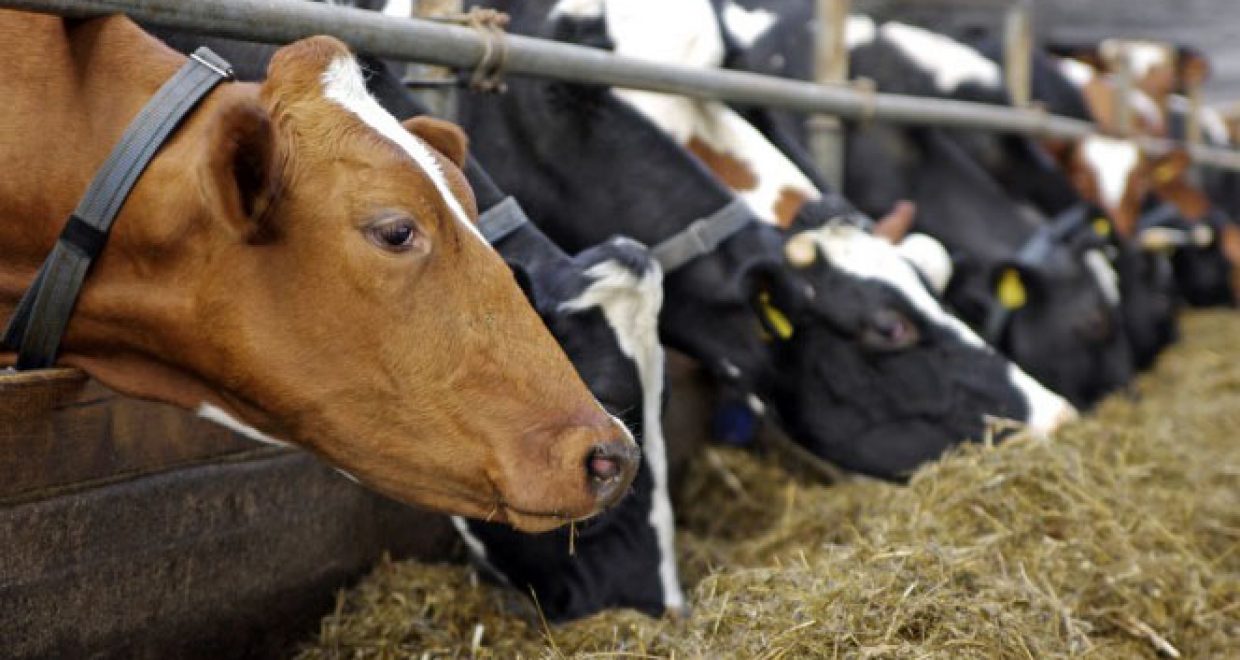Breaking the taboo: The case for a greenhouse gas tax on meat consumption
The April 2015 issue (4:1) of Transnational Environmental Law (TEL) includes a contribution by Cordelia Bähr, Faculty of Law, University of Zurich examining the taboo of a greenhouse gas tax on meat consumption, she comments further on this issue in the blog post below.
Meat production is responsible for at least 14.5% of all global greenhouse gas emissions (GHGs). Road transport, in turn, accounts for approximately 10%. Yet, while many countries have taken steps to cut back CO2 emissions from cars, there are hardly any concrete political discussions, let alone proposals, on measures to reduce GHGs from meat consumption. This surprising discrepancy spurred my investigation into the reasons why even relatively progressive climate change regulators, such as the European Union (EU), have so far failed to adopt any measures, such as a meat tax, that would curb meat consumption-related GHGs.
In conversation with European Commission representatives, I was informed that, in their view, a meat tax would be illegal and would clash with the EU’s trade laws and obligations. My Open Access article ’Greenhouse Gas Taxes on Meat Products: A Legal Perspective’, published in Transnational Environmental Law puts this assertion to the test. I show that, in fact, it is possible to develop an EU GHG tax on meat consumption that is legal and consistent with all applicable bodies of international law and EU law. Based on an analysis of three models for a tax on the consumption of domestic and imported meat, my article argues in favour of a tax uniformly levied on average GHG emissions per unit for each category of meat (for example, a US$ 1 tax per kg of beef; a $1.20 tax for lamb, and so on). Taxes calculated on the basis of average emissions may be perceived as less fair than taxes on individual, actual emissions, but they are the simplest solution from a legal perspective An average emissions per unit tax is cheaper to enforce and is responsive to both the limited technical reduction potential of the meat sector as well as high level of fungibility of meat products.
My research shows that a meat tax is legally possible. However, is it also legally necessary?
In principle, states are free to decide on how to achieve their climate mitigation targets. Nevertheless, the failure to implement a meat tax as a mitigation measure is without doubt a violation of the ‘polluter pays’ principle. Furthermore, favouring the meat industry over other sectors, like transport, might encroach upon the principle of equality. This is not to say that sectors such as steel production and transport are currently overburdened. However, the EU’s insistence on additional, and potentially very costly, emission reductions within these sectors may become increasingly difficult to justify if it is not matched by stronger mitigation efforts in the agricultural sector.
Ultimately, the EU has committed itself to delivering a ‘fair share’ in preventing ’dangerous anthropogenic interference with the climate system’ (Article 2 UNFCCC), which is generally associated with a global mean temperature rise not greater than 2° Celsius from preindustrial levels. The EU therefore has a duty to take all proportionate measures to mitigate climate change, including, I would argue, a meat tax. This is all the more so since the costs of such a meat tax would not be (unacceptably) high.
My suggestions may seem hard to reconcile with the conventional assumption that states enjoy a large degree of discretion in implementing their international obligations, and are consequently well-insulated from scrutiny. However, the times may be changing. The recent, widely publicized ‘Urgenda’ court ruling underlines the state’s obligation to take preventive action to mitigate climate change, in order to protect citizens against climate disasters. In this case, brought by Dutch environmental NGO Urgenda and others against the Dutch government, the District Court of the Hague ordered the government to increase its efforts to curb GHG emissions in the Netherlands. This landmark ruling, the first of its kind worldwide, certainly strengthens the argument that an EU meat tax is not only legally possible and necessary, but may even be legally required.
Cordelia Bähr
Email: cordeliabaehr@bluewin.ch
’Greenhouse Gas Taxes on Meat Products: A Legal Perspective’ is free to read as an Open Access article in the April 2015 issue (4:1) of Transnational Environmental Law (TEL).







A carbon tax on red meat would be both regressive (ie hit the less well off harder) and impose a dead weight loss on producers which they could only evade by exiting the sector. However, a pricing signal imposed by way of a trading scheme imposed equally on all sources of GHGs would be a fairer imposition which would ensure that the social cost of GHGs across the economy was taken into account in the cost of production. However, as we recently found out whether it is fully reflected in the market price depends on the relative market power of producers, wholesalers, retailers and consumers. Certainly red meat plays its part in GHG emissions but in costing our emissions from circa 25 millions cattle in Australia we should not forget the 500 million in the subcontinent – largely a nation of vegetarians – who operate as an unpaid street cleaning system. Happily, however, there is a nexus between lifting the productivity of red meat production by reducing inputs of feed, energy, water et al per unit of output and reducing the emissions of GHGs (essentially lost energy and nutrients from the red meat production system) , as well as a nexus between happy cows (well to the pint where they breath their last) and better quality meat et al. Therefore at least the incentives for producers align with reductions in their environmental footprint per unit of output – now if we could only sort out the growing human population issue??????